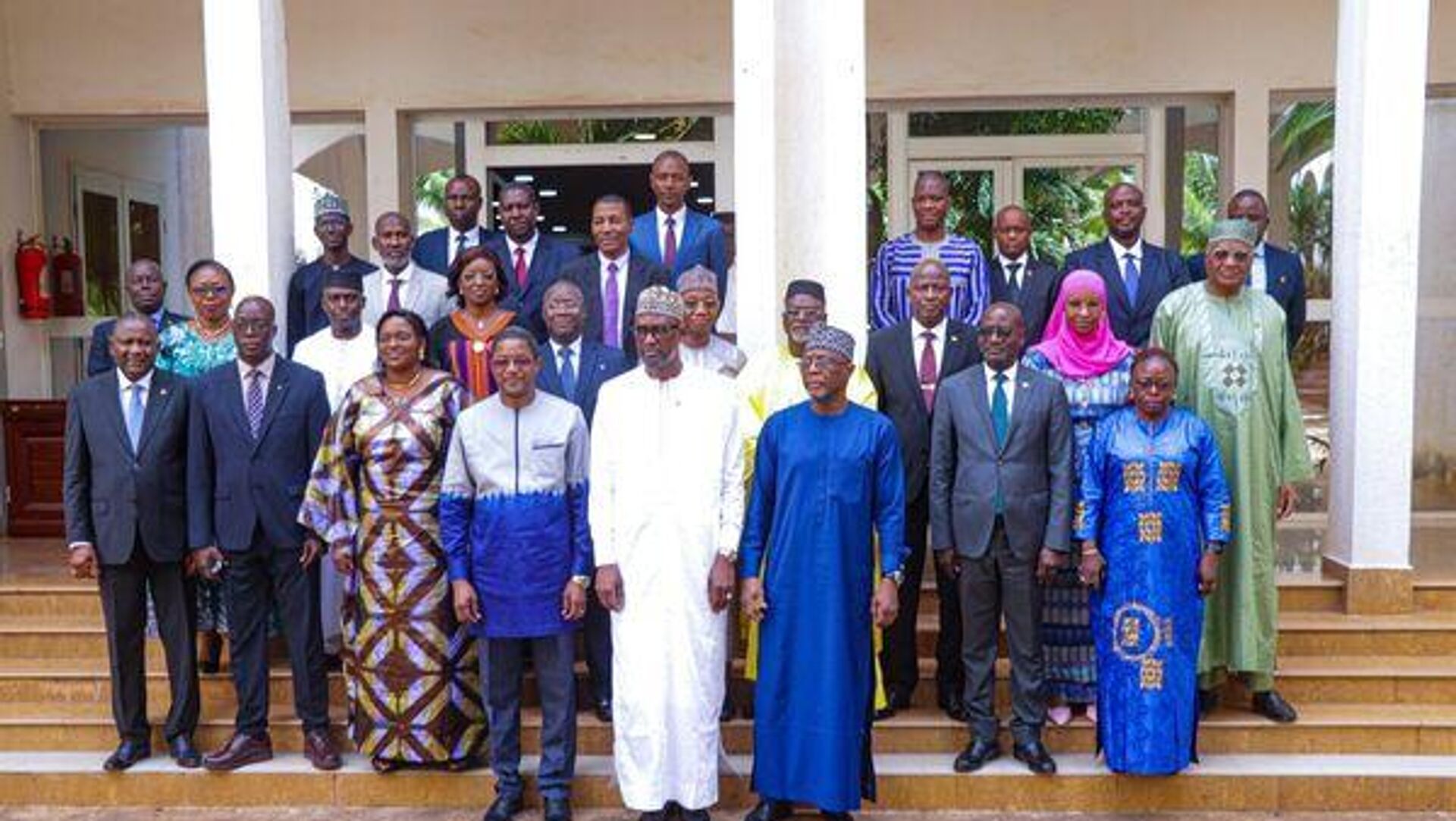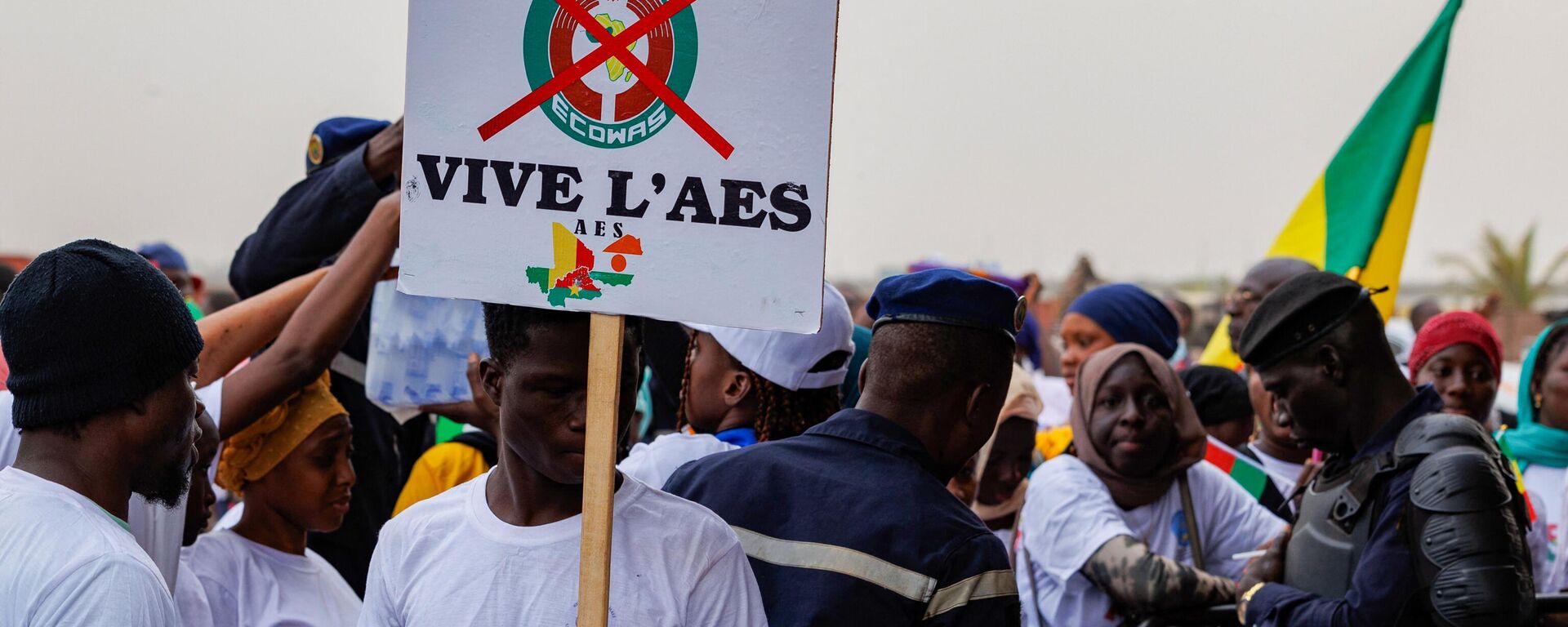Alliance of Sahel States is Setting Example for Other African Regions, Russian Expert Argues
18:06 02.11.2024 (Updated: 10:40 05.11.2024)

© Photo Ministry of Foreign Affairs of Burkina Faso
Subscribe
On Tuesday, the Burkinabe parliament, the National Assembly, validated amendments to the country's constitution, local media said. According to the report, after changes in the law, the process of Burkina Faso joining alliances could be determined by a referendum or, in situations of an emergency, by three-quarters votes of deputies.
The Alliance of Sahel States (AES) could set a great example for other African regions to substitute forms of integration that were imposed by Western countries, Dr. Ivan Loshkarev, a PhD in politics, a researcher at the Center for African Studies at MGIMO University, told Sputnik Africa.
"This alliance will set an example for the rest of the African regions, Central Africa, East Africa, partly South Africa, in particular, where the Western format of regional integration is still being reproduced," he said.
The expert argued that current alliances, like the Economic Community of West African States (ECOWAS) and East African Community (EAC), mostly imitate Western organizations, but they don't take local traditions and experience into account. Loshkarev pointed out that some documents released by the African alliances are mainly reproduced from the European Union ones.
He noted that the AES sets standards and directions, in which the three countries of the alliance move along, so they can address regional issues, especially socio-economic instability, poverty, transport accessibility, and food security. In his opinion, decisions made during the meetings of members of the AES, can be significant.
"When we talk about the Alliance of Sahel States, it is important to understand that it acts, first of all, as a political framework, as a certain body that sets the standards and directions, where the three countries are moving towards, what the priority issues are," the expert said.
In addition, according to Loshkarev, the AES countries take control of their own development. He said that all three members of the alliance revoke licenses from Western companies and introduce new rules for obtaining mining rights to secure control of their use. The expert underscored that the AES is a fairly large market that can export a number of goods that are very necessary in the global economy.
"If we look at the metallurgical industry, first of all, mining, the cotton industry, the energy industry, the development of these industries was mainly determined by foreign companies. Now all three countries restore their control over the resources that are located in their countries," he said.
Moreover, the researcher noted that "this is incredibly important," as the joint efforts to achieve the local production and market chain are made by combining the efforts of several states and creating the market capacity.
"Now it is about 70 million [the overall population in the AES], but taking into account the rate of population growth in these countries, this could literally be 100 million people in the near future, in a decade. And, accordingly, an even more capacious market with even greater needs, I repeat, again, with rather rare resources that are needed in the entire global economy," Loshkarev concluded.

